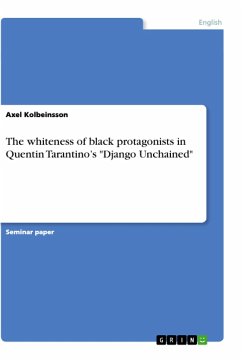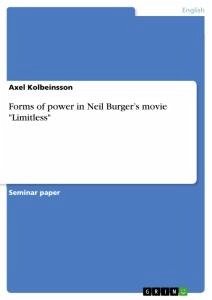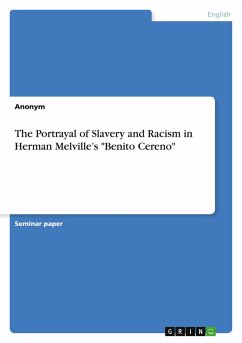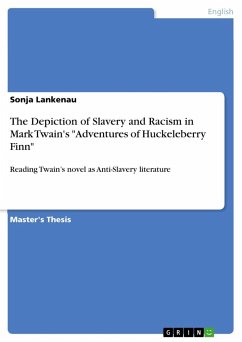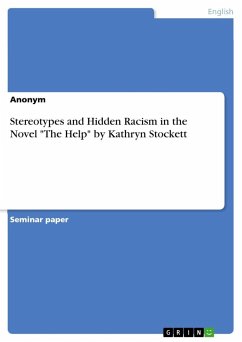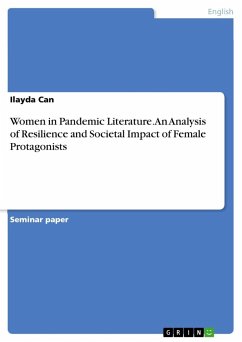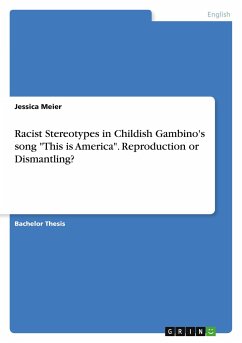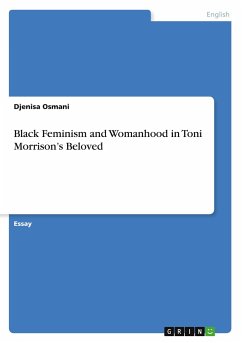Seminar paper from the year 2021 in the subject American Studies - Culture and Applied Geography, grade: 1, University of Linz, language: English, abstract: White privilege was and still is an issue in past and present societies. This paper aims to determine how white privilege and power resulting from it are granted to a black protagonist in a fictional historical setting. In order to shed light on this matter, John French and Bertram Raven's (1959) theory of five (six) `Bases of Social Power' as well as the findings from the analysis of the history of whiteness were applied to Quentin Tarantino's (2012) movie "Django Unchained". Several scenes showing power relationships between the main character Django and others were analysed. Some forms of power, including legitimate, expert, informational and coercive power regarding the theory, could be detected in various relations with Django throughout the movie. Furthermore, it was found out that forms of power do not appear on their own and that, despite the fact that both parties hold at least one form of power, one side trumps the other. Although Django is granted power through white privilege, he is still not considered equal and owes his status to his expertise or knowledge by superior white men.
Hinweis: Dieser Artikel kann nur an eine deutsche Lieferadresse ausgeliefert werden.
Hinweis: Dieser Artikel kann nur an eine deutsche Lieferadresse ausgeliefert werden.

